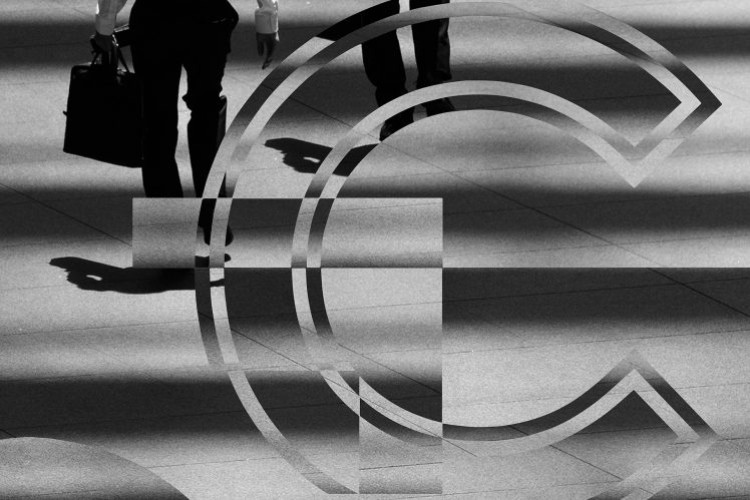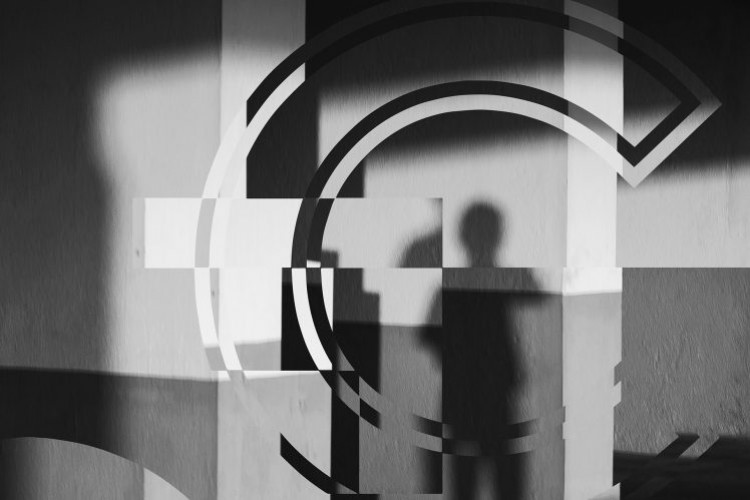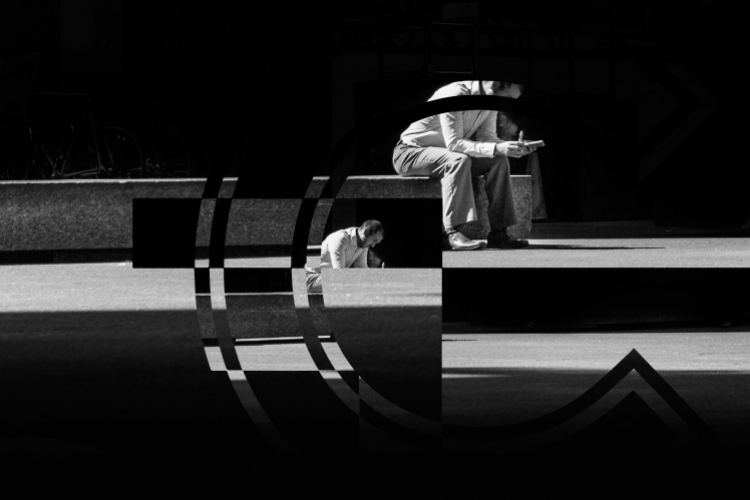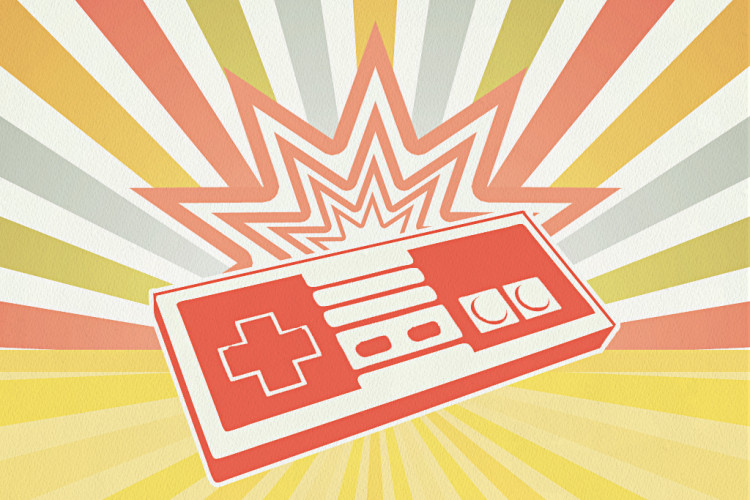Part V: Rest In Water
Part five of a six-part science fiction series by Khairani Barokka
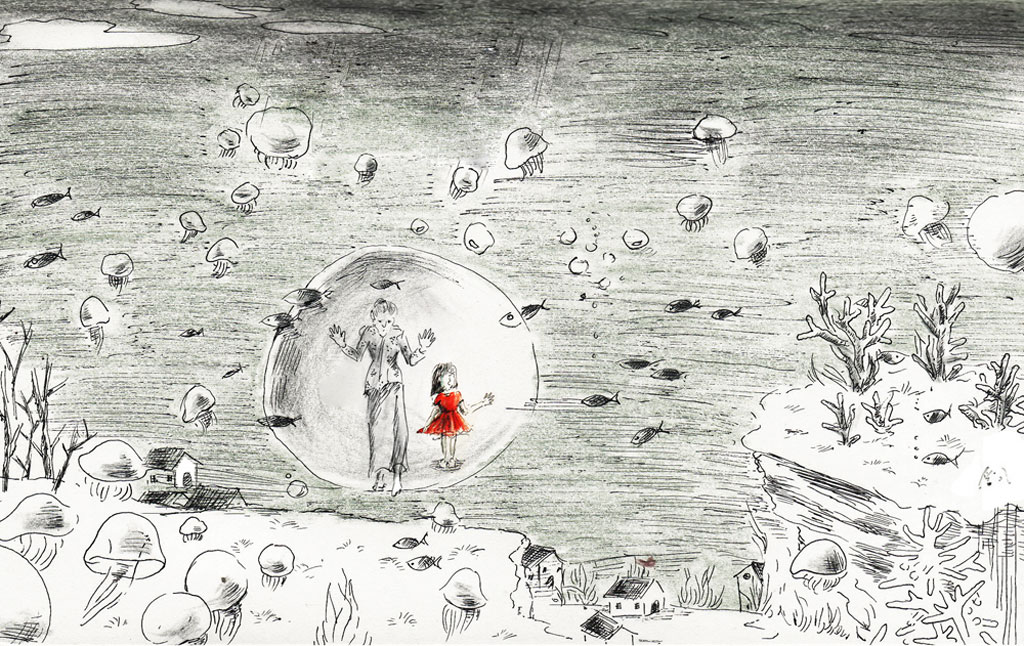
It could be said that procreation is an act of leadership: we make mitochondrial executive decisions for the furtherance of the species, and for our bloodlines, for egos and stressful, penny-pinching days ahead. Our children’s raucous shouts punctuating a happiness more complicated than restful. But somewhere along the line, whale-whose-eyes-look-like-my-dead-husband’s, somewhere in there we discover we are also being led by our spawn. You know exactly what I’m talking about! I see your barnacles seething agreement.
Mitochondrial DNA, Pak Sofyan taught me in secondary school, is only passed down through the mother. mtDNA. Mount DNA. Peaks of the dreaded and awe-inspiring mother in every cell. The tiny, ubiquitous, swarming secret of biological women.
The beings I gave birth to had these cliffs and risks in their eukaryotic cells. The being one of them hatched, my granddaughter, took these mitochondrial contours embedded in the cells of her belly and arms and face, cooperated with them and the empty space between her smallest particles—all to lead me, when I’d decided I was as ready as any old woman could be, to the underwater paddy fields. This strange, fierce person that swallowed life from two acts of lovemaking a generation removed, crafting lights for me to hobble through the splatter-filled tunnels with. Inching me along the interminable darkness, until we reached the cantankerously blue sea, the furious sea we would swim through to here.
And now our new home encases us whole, under fathoms of salt in liquid. Jakarta left in the atmospheric dust. Betawi tragedies strewn along the heap of smog from all the forests in Java, it must be, condensing into our throats.
And why wouldn’t we try so hard to achieve a quiet citizenship in this place, where I swing the length of my papery calves along the waves of a fishpond, my ancient butt on the grass. All around and above us, the bubble of air that refuses to break, and beyond its transparent curve, I see the whale whose eyes look like my dead and silent husband’s, down to the deep-grooved sockets. He’s been watching me for some time, not 30 feet away and swimming up to the impermeable, inexplicable membrane that keeps us alive in deep sea.
My granddaughter is inside our small home, a minute’s walk from here. In the slight jolt of fear when I see this ghostly mountain of a mammal through my lacerated vision, and realize he knows who I am, I consider screaming as I have never screamed before, like my husband must have screamed in his dying seconds, and my children, how the secrets of their deaths must scream as I kept them from my granddaughter—screaming large and proud like the song that was playing when a stranger came calling one day, who had finally discovered the bones of his body that I could bury and pray for, “Hey Jude”. Those clumps of the unspoken shrieked with the stark wholeness of being secrets, until I told the child these tales in a pitch-eyed tunnel, when the sea was a day away. There are days when you become a woman in yourself, and there are days when you deepen into it. Turn harder in malleable spirit, infuse yourself with the poison of history, only to realize you are allowed to survive. An invisible hardening of breasts, or of whatever conscious spirits tell you that you are a woman, and there is no denigrating of burdens like these, awkward gifts to chisel us whole.
And whale, see how you’ve caught me smiling here. Warm, peculiar country of light and foam, an ocean of newness. All the cavities in our bodies relaxing open, mitochondrial contours growing cleaner, verdant.
Rest in peace, I tell him. I tell him, Rest in water.
Read the other parts here:
Part I
Part II
Part III
Part IV
Part VI







